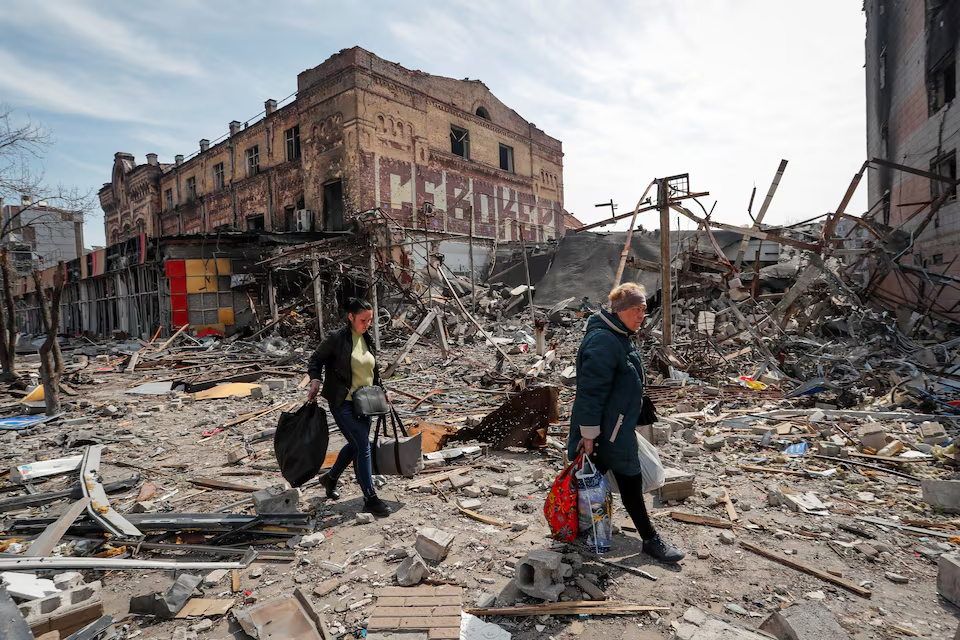By New Telegraph,Stephen Olufemi Oni
Copyright newtelegraphng

A retired Assistant Inspector General of Police (AIG), Adisa Bolanta, has strongly opposed the ongoing move to establish state police in the country, describing it as “A recipe for disaster”.
According to him, those calling for the decentralisation of the nation’s policing were driven by personal interest.
Bolanta, who spoke during an interview with journalists in Ilorin, the Kwara State capital, argued that the failure of policing in Nigeria is not a structural problem but one of poor funding, inadequate equipment, and undue political interference.
The retired police chief, who served as Commissioner of Police in Oyo, Sokoto, Kebbi, and Imo States, as well as Commandant of the Police Academy in Kano, maintained that the solution lies in properly funding and reforming the existing federal police structure, while embracing community policing, rather than decentralising the force.
“To me, state police is a recipe for disaster. You know why I say that? It is not the centralised nature that is the challenge of the NPF. Rather, it is the deliberate underfunding, undue political interference in the running of the police, and the lack of adequate motivation that are responsible for the poor performance of the NPF,” he said.
Bolanta, who recalled his vast experience managing security in volatile states, questioned the motive of those agitating for state police.
He added: “Comparing Nigeria with countries like the USA or the UK is out of place. Those countries have a politically sophisticated population and an established, respected legal system that nobody, no matter their status, can disobey without consequences.”
He dismissed the notion that state governments are better positioned to fund the police, pointing out that some states can hardly survive without federal subvention and often struggle to pay workers’ salaries. According to him, such states should not be saddled with the burden of funding a complex security outfit like the NPF. He also noted that almost 70 per cent of policemen in most states are indigenes, meaning local representation is not the core issue in Nigeria’s policing.
Instead of creating a new layer of police, the retired AIG called for a return to the basics of proper funding and enhanced logistics for the Nigeria Police Force.
“My first posting was in 1982 to Ekpoma Police Station in the then Bendel State. The station had two Land Rovers and a lorry. While the Land Rovers were for patrol, the lorry was used to transport men to their areas of deployment. Monthly provisions for fuel, diesel, and stationery were guaranteed, enabling efficiency,” he recalled.
“The way you make your bed is how you lie on it. So, to whom less is given, less should be expected. That is the situation with security in Nigeria,” Bolanta added.
He clarified that the community policing model being promoted is often misunderstood.
“Community policing is just a concept. It means getting the community involved in policing, not that you are bringing them to actually wear uniforms. But they know what you are doing when you provide security for them, and they give you input,” he explained.
Reflecting on his experience supervising elections in Sokoto and Rivers States, Bolanta identified undue political interference and poor welfare for police officers on election duty as major threats to electoral integrity.
He maintained that police officers’ loyalty remains intact when they are well-funded and properly catered for before an election.
“I do not agree with those who say, even if you give a policeman one million naira, he will still go and take a bribe. No, that is not correct. If you fund them very well, they will do their job honestly,” he said.
On general insecurity, he reiterated that security is everyone’s business and called for greater cooperation from the public, urging citizens to trust the police with timely information.
Bolanta also advised youths to dress decently to avoid unnecessary harassment from security agents.



